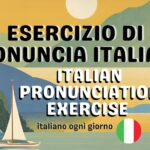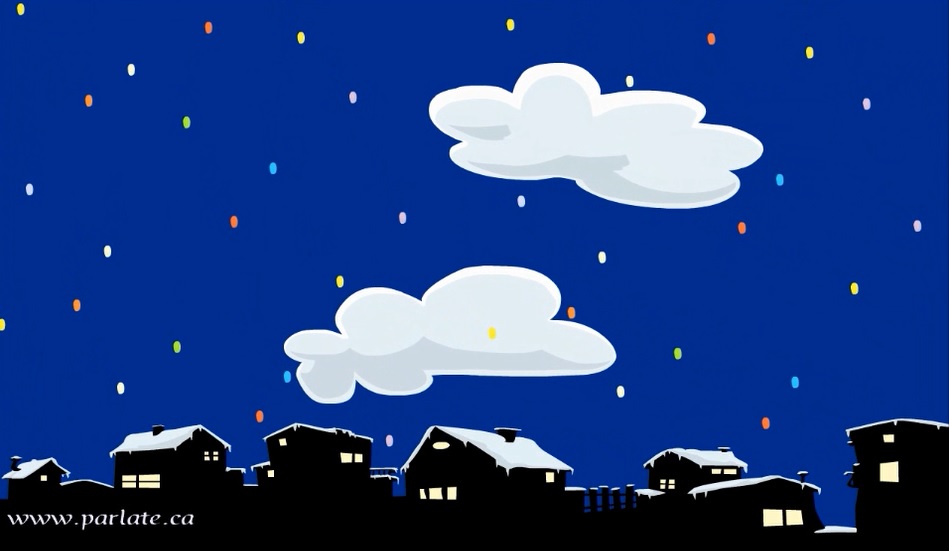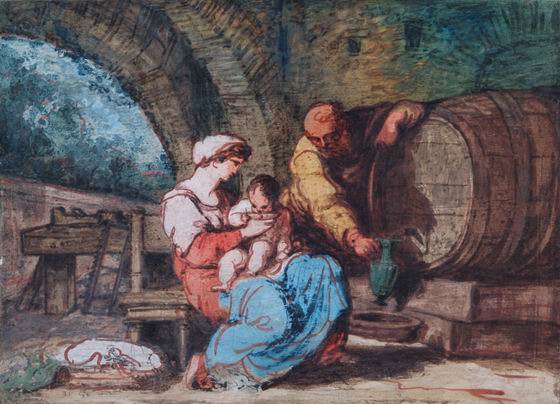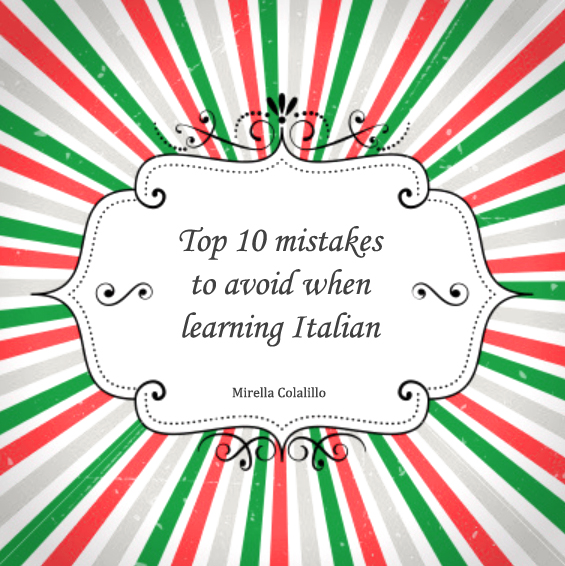Mirella Colalillo, 14 marzo 2016
(English follows)
Tra pochi giorni, il 17 marzo 2016, L’italia compie 155 anni.
La storia dell’italia, nelle sue secolari invasioni, conquiste, regni, imperi, ci lascia con una domanda: qual è l’origine del suo nome, Italia?
Trovare un’unica risposta sembra impossible, infatti le teorie sono tante, ma guardando la cartina o meglio viaggando attraverso il territorio italiano troviamo l’Italia punteggiata da sud a nord da paesini e città che hanno nomi di origine simile. Come per esempio, Bova, Bovalino, Taurianova, Torino, Gioia Tauro, ed anche il paesino della mia famiglia, Boiano, in latino Bovianum (la città dei tori).
L’Italia che conosciamo oggi non è sicuramente la stessa dei tempi della Magna Grecia, infatti all’epoca era solo una piccola area, dove si parlava anche il greco.
Illustriamo il tutto con questo video per capire il signficato del nome, Italia!
Buona visione,
Mirella
In a few days on March 17, 2016, Itally turns 155 years old.
The history of Italy, during centuries of invasions, conquests, kingdoms, empires, leaves us with a question: what is the origin of her name, Italy?
Finding a single answer seems impossible, in fact, the theories are many, but looking at the map or better traveling through the Italian territory we’ll find Italy punctuated from south to north with towns and cities that have similar names. For example, Bova, Bovalino, Tauranga, Turin, Gioia Tauro, and even my family’s town, Boiano, Bovianum in Latin, (the city of bulls).
Italy as we know her today is definitely not the same as during the age of Magna Grecia, in fact at the time it was only a small area, where they also spoke Greek.
Let’s illustrate it all with this video to understand the meaning of the name, Italy!
Buona visione,
Mirella
- Racconto italiano: La disdetta del frullato al cacao A2/B1

- Come si usa il gerundio

- Racconto italiano: La gatta sull’albero /A2

- Racconto italiano: Le scale al nuovo anno /B2

- 32 frasi ipotetiche del primo tipo in italiano
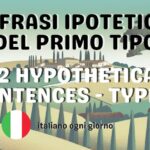
- Una rassegna: Cosa abbiamo studiato in italiano nel 2024?
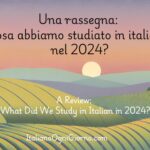
- Racconto italiano: Un giorno perfettamente imperfetto /A2
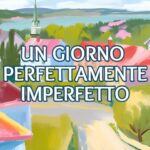
- Racconto italiano: Le scale al nuovo anno /A1
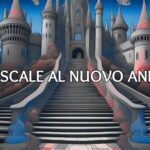
- Esercizio di pronuncia italiana: 20 scioglilingua
